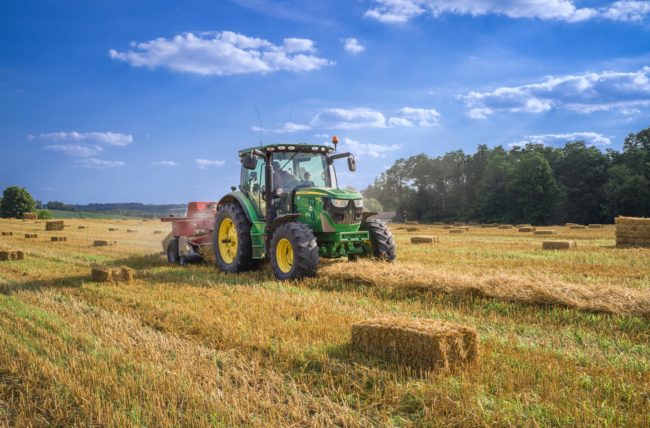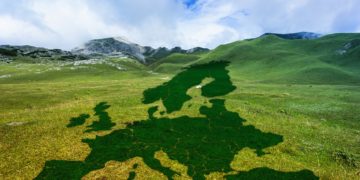
This report explores how nature restoration can contribute to improving the resilience of food production by enhancing ecosystem services and reducing negative impacts of extreme weather events linked to climate change.
Nature plays a crucial role in food production through the delivery of key ecosystem services including soil productivity, water supply and quality, crop pollination, and control of pests and diseases, contributing to nutrient and carbon cycles, and mitigating droughts and floods. These services are being compromised due to environmental degradation and the effects of climate change. Impacts on agricultural production are significant and are undermining the resilience of agricultural systems. This not only compromises long-term food security. The evidence shows that environmental degradation and lack of resilience are already having an impact through soil erosion, loss of ecosystem services and harvest losses from extreme weather events. Continuing to produce food in a business-as-usual scenario is not a viable course of action.
The Nature Restoration Law, brought forward by the European Commission, aims to restore ecosystems in peatlands and wetlands, arable land, grasslands and other grazed land, and agricultural land in riparian zones and floodplains. Nature restoration, i.e. the recovery of degraded areas, can contribute to increasing the resilience of food production systems through two main mechanisms: (i) by restoring biodiversity, soil fertility and provision of other ecosystem services, and (ii) by reducing the impact of extreme weather events linked to climate change. A change in the current use or management of land will in some cases be unavoidable to implement nature restoration measures (i.e. peatland rewetting, flood plain restoration, landscape elements).
This report reviews the evidence which shows that, with properly designed measures, nature restoration actions can contribute to making farming systems more resilient and productive for the long run. It shows that a narrow focus on the amount of land under production is not an accurate measure of long-term production potential, and that addressing food availability implies factoring in the vulnerabilities linked to climate change and the costs of inaction.




